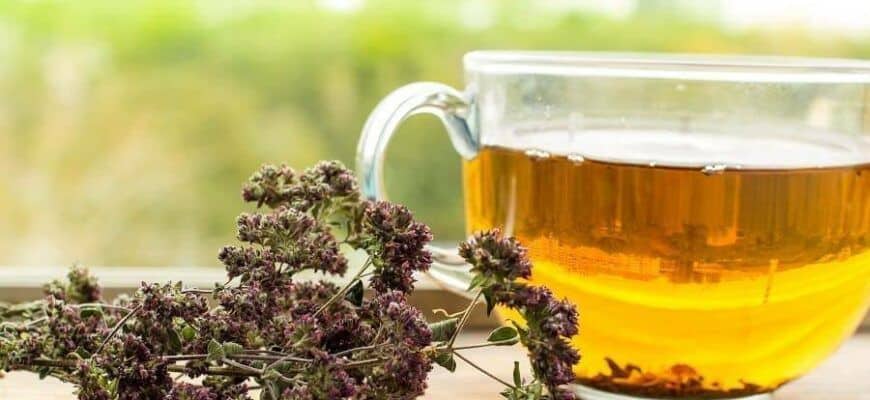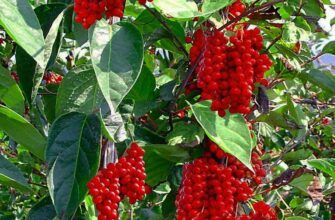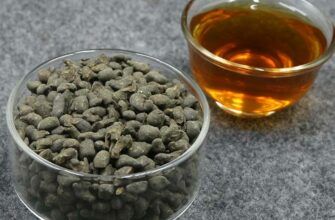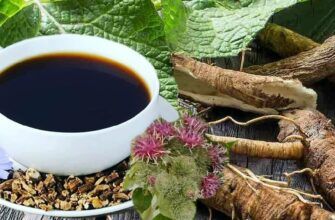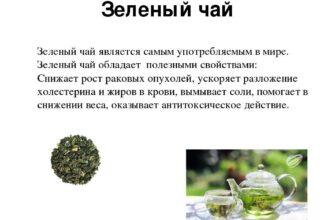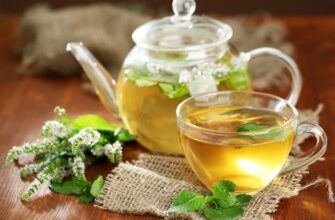Thyme, also known as thyme, is a perennial garden herb used since ancient times for medicinal and culinary purposes. Thyme is traditionally associated with courage. Medieval women gave sprigs of thyme to knights before they went into battle. It has also been used as an herbal remedy for a range of ailments. Thyme tea is rich in essential oils, minerals, beneficial phenols and flavonoids.
Tea with thyme - benefits
Antioxidant Properties
A cup of thyme tea can do much more than just taste good. Thymol, one of the essential oils of thyme, is a powerful antioxidant. Thymol can help increase the amount of omega-3 fatty acids and healthy fats in brain cells. Scientists have found that thyme oil slows down age-related changes in the brain cells of rats. In addition to thymol, thyme contains the antioxidant flavonoids apigenin, naringenin, and luteolin.
Soothes cough
The next time you have a cold or cough, try drinking thyme tea. Thyme can also help treat bronchitis. Thyme has also been approved for such use by the German Commission, which evaluates the safety and efficacy of herbal preparations in Germany.
Normalizes digestion
Thyme tea is often recommended by herbal healers to promote good digestion and relieve flatulence and bloating. The phenols contained in thyme allow it to act as an antispasmodic and relieve intestinal spasms.
Provides the body with essential minerals
When you think of iron-rich foods, thyme is probably not the first thing that comes to mind. But 2 teaspoons of dried thyme per cup of tea contains 3.56 mg, or 19.8% of the RDA for iron. Thyme tea is also an excellent source of vitamin K, which is vital for normal blood clotting; a cup of tea contains 60% percent of the daily requirement of the body. Thyme tea is also a very good source of manganese (12% DV in one cup) and calcium (5% DV in one cup).
Tea with thyme - contraindications
In addition to its culinary value, thyme is used in traditional medicine to treat various ailments. In fact, thyme herbal tea is an excellent remedy for coughs associated with bronchitis and upper respiratory infections. However, thyme tea has several side effects.
allergic reactions
You should avoid drinking thyme tea if you are sensitive to plants in the Lamiaceae family. This family also includes rosemary, basil, hyssop, marjoram and celery. If you experience chest pain, difficulty breathing, tightness in your throat, skin rash, or swelling of your joints after drinking thyme tea, contact your doctor immediately.
Toxicity
High doses of thyme can cause harmful side effects. The most common side effects associated with thyme include heartburn, nausea, vomiting, indigestion, diarrhea, headache, and dizziness. In addition, the essential oils present in thyme leaves can help slow the heartbeat and increase breathing in some people.
Medical contraindications
It is also warned against drinking thyme tea if you have heart disease, stomach ulcers, or other gastrointestinal disorders. Drinking thyme tea on a regular basis can lead to lower thyroid hormone levels in humans. In addition, you should avoid thyme tea if you are undergoing thyroid therapy and taking appropriate medications.
Pregnancy and lactation
There is no scientific basis for the safety of thyme for pregnant women, and it is not known whether substances from thyme can pass into breast milk. However, as a general rule, pregnant and breastfeeding women should not consume herbal teas or supplements without guidance from a physician.
How to make thyme tea
Ingredients:
- Thyme (dried or fresh)
- Container for brewing with a lid (you can use a traditional teapot and strainer)
- Hot water
- Mug
Cooking:
- Put the thyme in a brewing container - about 1 teaspoon of dry herb per glass of water. Fresh grass will need twice as much.
- Fill thyme with water.
- The lid is very important! The lid is needed so that the essential oils remain in the tea during brewing, and do not evaporate into the air.
- Leave for about five minutes.
- Strain and serve. For decoration, you can use a few sprigs of fresh thyme.
